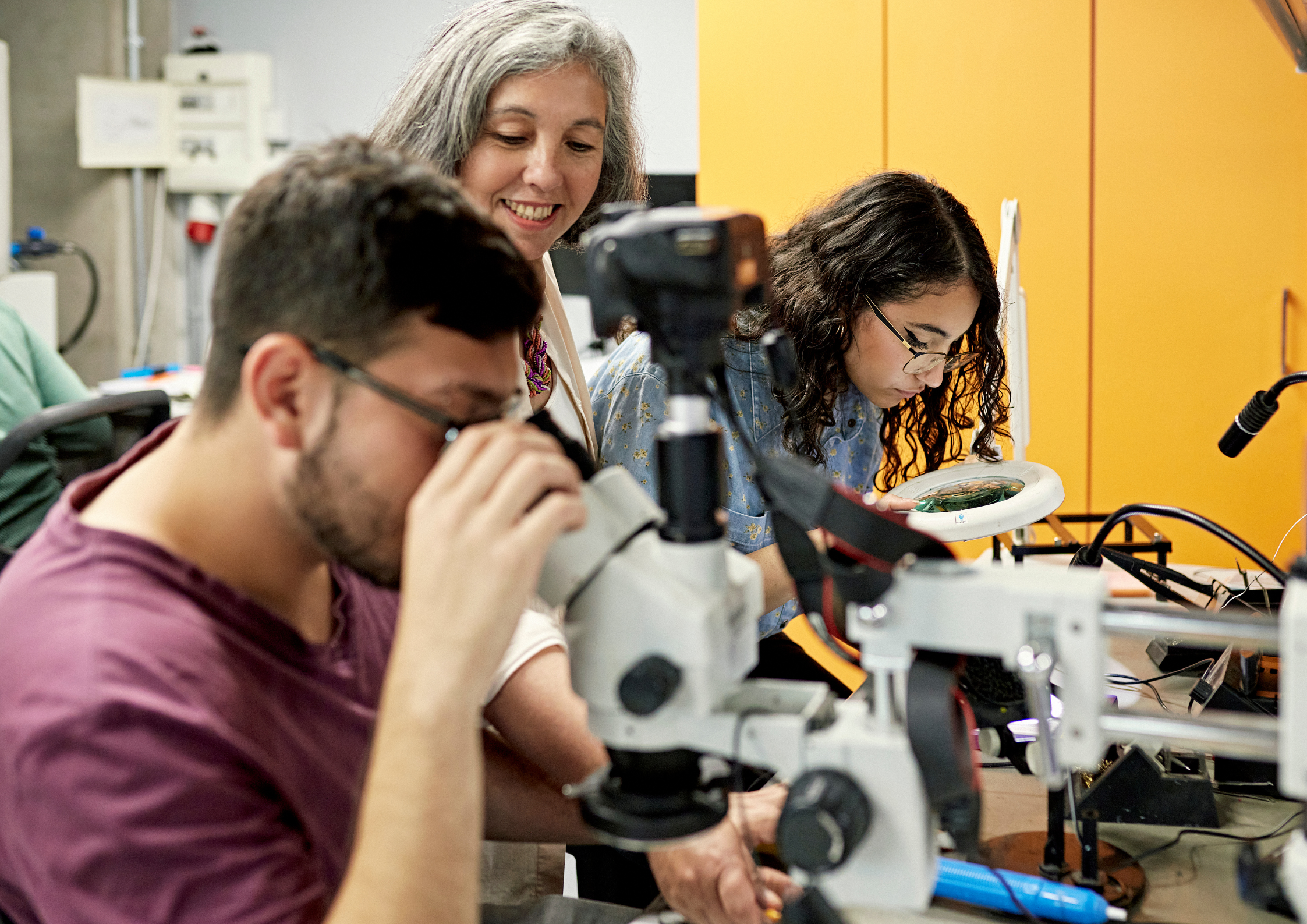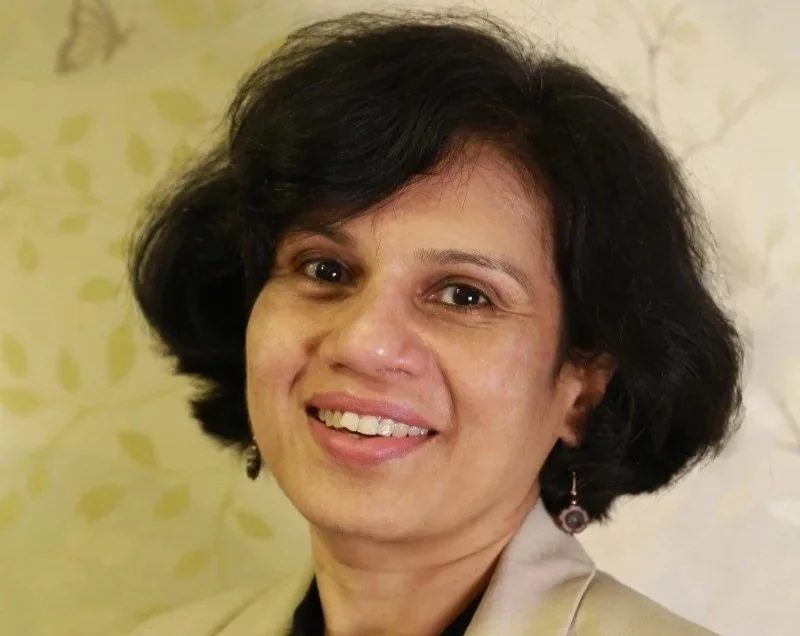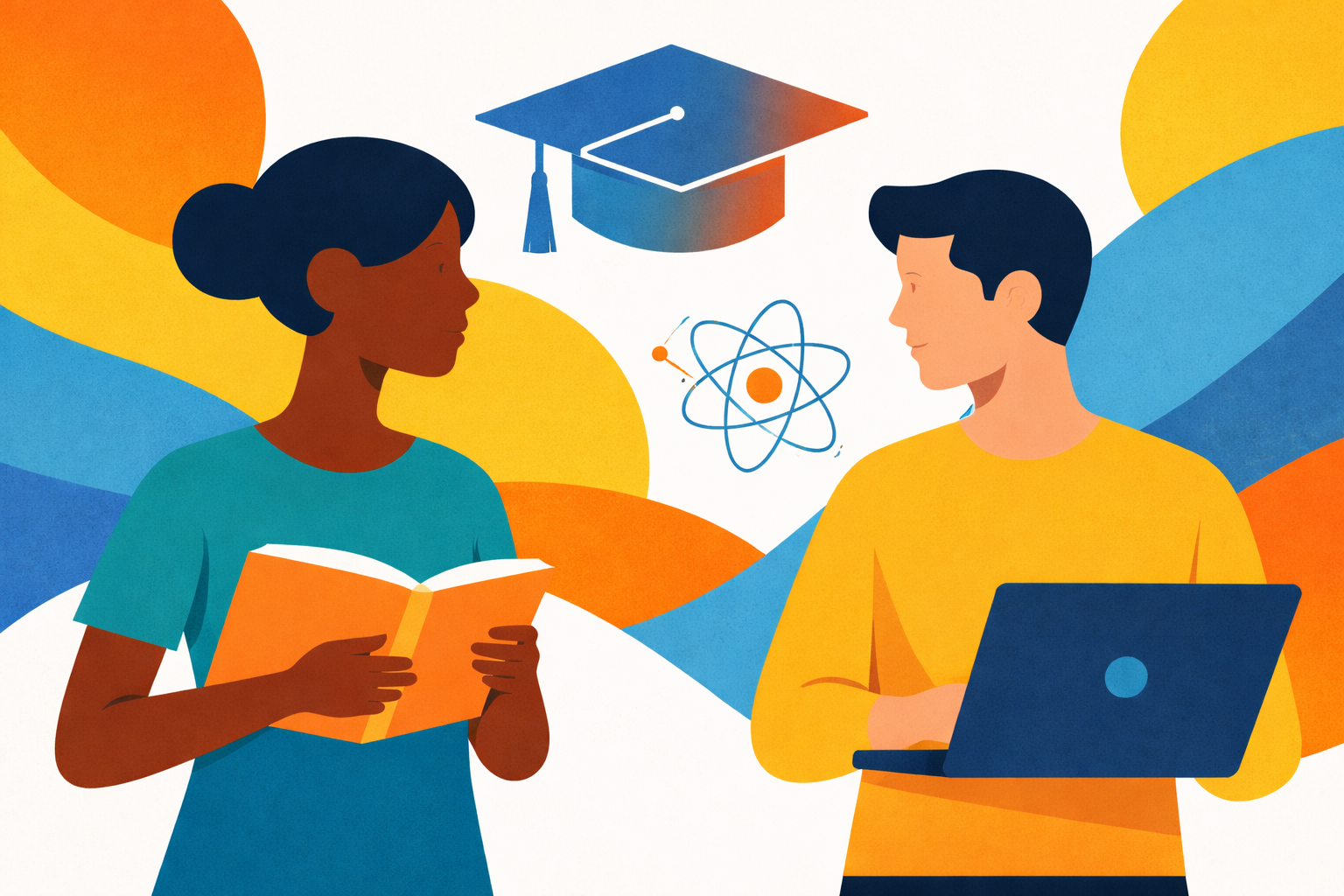Oxford and Cambridge secure £12.5m in donations to expand STEM access for disadvantaged students
Funding secures online learning platforms and mentoring programs to improve pathways into science and mathematics degrees
The universities of Oxford and Cambridge have received matching anonymous donations of £6.25 million each to expand STEM outreach for students from disadvantaged backgrounds. The funding will support existing initiatives and new programs designed to raise attainment and confidence in science, technology, engineering, and mathematics subjects.
Joint effort to close STEM access gaps
While the programs will be administered separately, Oxford and Cambridge plan to collaborate by sharing online resources, teaching materials, and academic tutors. The initiatives aim to improve outcomes for students from GCSE through to university, addressing long-standing disparities in STEM participation.
At Oxford, the Mathematical, Physical and Life Sciences Division will launch a targeted GCSE mathematics mentoring scheme, offering weekly tutorials, residential opportunities, and long-term support to around 850 students over four years. The funding will also expand COMPOS, an online outreach program for 14–19-year-olds that builds skills in mathematics and physics, while adding computer science, chemistry, and biology. A bridging program will also be scaled up to help incoming undergraduates prepare for their first year with residential courses and online study support.
Professor James Naismith, head of the Mathematical, Physical and Life Sciences Division at Oxford, says the donation will help broaden access. “Science depends on talent. This generous gift significantly enhances our ability to support talented young people who want to pursue STEM subjects but face obstacles to their dreams. These innovative programs will enable Oxford to support the next generation of scientists, mathematicians and engineers. Oxford's commitment is to look for talent everywhere and in new places, and to make sure everyone thrives at Oxford,” Naismith says.
Cambridge initiatives gain long-term security
At Cambridge, the donation will secure the Isaac Physics platform and the STEM SMART widening participation program until 2031. Isaac Physics, founded in 2013, allows teachers to set guided homework in physics, mathematics, chemistry, and biology, and has reached over 700,000 users in more than 100 countries. STEM SMART supplements the platform with live online tutorials, mentoring, and immersive university experiences for sixth-form students from disadvantaged backgrounds. Independent analysis shows participants achieve higher A-level grades and secure more places at research-intensive universities compared to matched cohorts.
Professor Lisa Jardine-Wright, director of Isaac Physics and co-director of STEM SMART, says the funding will allow the initiatives to reach more students. “We are absolutely thrilled that thanks to this generous gift, Isaac Physics and STEM SMART are now on a much more secure footing until 2031, enabling us to support hundreds of thousands more pupils to gain essential problem-solving skills and pursue STEM degrees,” Jardine-Wright says.
Dr Michael Sutherland, co-director of STEM SMART, adds that the benefits go beyond individual students. “This transformational gift will have long-term impact, not only for those students who gain the confidence and skills to study STEM subjects at university but also for wider society, because when these young people graduate they can provide a critical boost to the country’s STEM workforce,” Sutherland says.
Professor Bhaskar Vira, pro-vice-chancellor for education and environmental sustainability at Cambridge, says the gift will help widen participation in a meaningful way. “The University is very grateful for this exceptional gift that will benefit significant numbers of school pupils and teachers, and bring more talented young people to study STEM degrees at Cambridge and other research-intensive universities. Closing the attainment gap in science and maths A-levels is crucial for developing society’s ability to solve the technological challenges of the future,” Vira says.





















